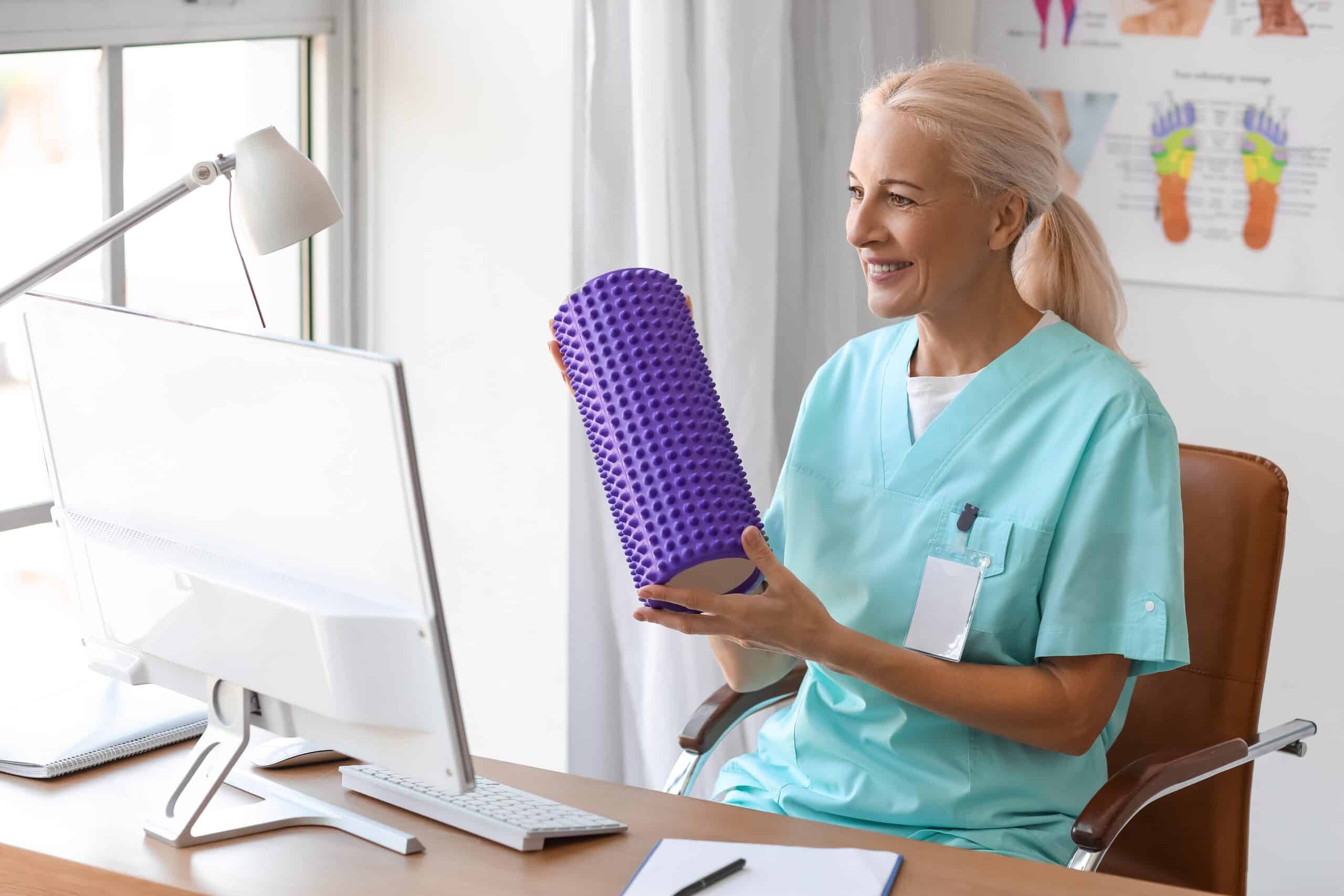
Menu
Now that we’re well into hay fever season, Dr Alan Twomey, Telehealth Clinical Lead, discusses the seasonal allergies, tips that can help with pollen and dust mites, and when you need to speak to a GP.
Allergic rhinitis or “hay fever” happens when the body makes protective proteins (antibodies) to certain substances (allergens) causing the release of chemicals in the nasal passages, eyes or airways. This results in inflammation and irritation.
It can be seasonal and caused by grass, tree or weed pollens (hence the name “hay fever”) early in summer or mold which is common in autumn.
The most common time for hay fever in Britain is from the end of May to July.
The most common time for hay fever in Britain is from the end of May to July, when grass pollen peaks but you might have perennial symptoms due to pet hair, house dust mite, or mold.
Treatment is based on avoiding allergens if possible and using both over the counter and prescription medications – ask your GP about them. In some cases, symptoms are so severe, referral to hospital for immunotherapy is needed.
There are several steps that we can take to keep pollen at bay:
Many people have allergies to the common house dust mite. Signs of this allergy can be common to hayfever. Here are some tips to ease suffering:
Some people get eczema or asthma with hay fever and these need separate treatment. People with hay fever are three times more likely to develop asthma and poor control of one is associated with poor control of the other so you should speak to a GP promptly if you have any problems with your breathing.
If your symptoms are more than a mild nuisance, ask your GP about intranasal corticosteroids which are more effective than antihistamines.
There are nasal sprays available that contain corticosteroids and antihistamines and may be more effective.
Go to Allergy UK and look for the factsheets on Hay fever, Living with allergy, and In The Home
Our virtual GP service is always on call for members 24/7/365. Click here for more.
© Copyright Teladoc Health UK. All Rights Reserved | Sitemap
Our Website uses cookies to improve your experience. Please visit our Cookie Policies page for more information about cookies and how we use them.
ClosePlease enter your email for instant download.